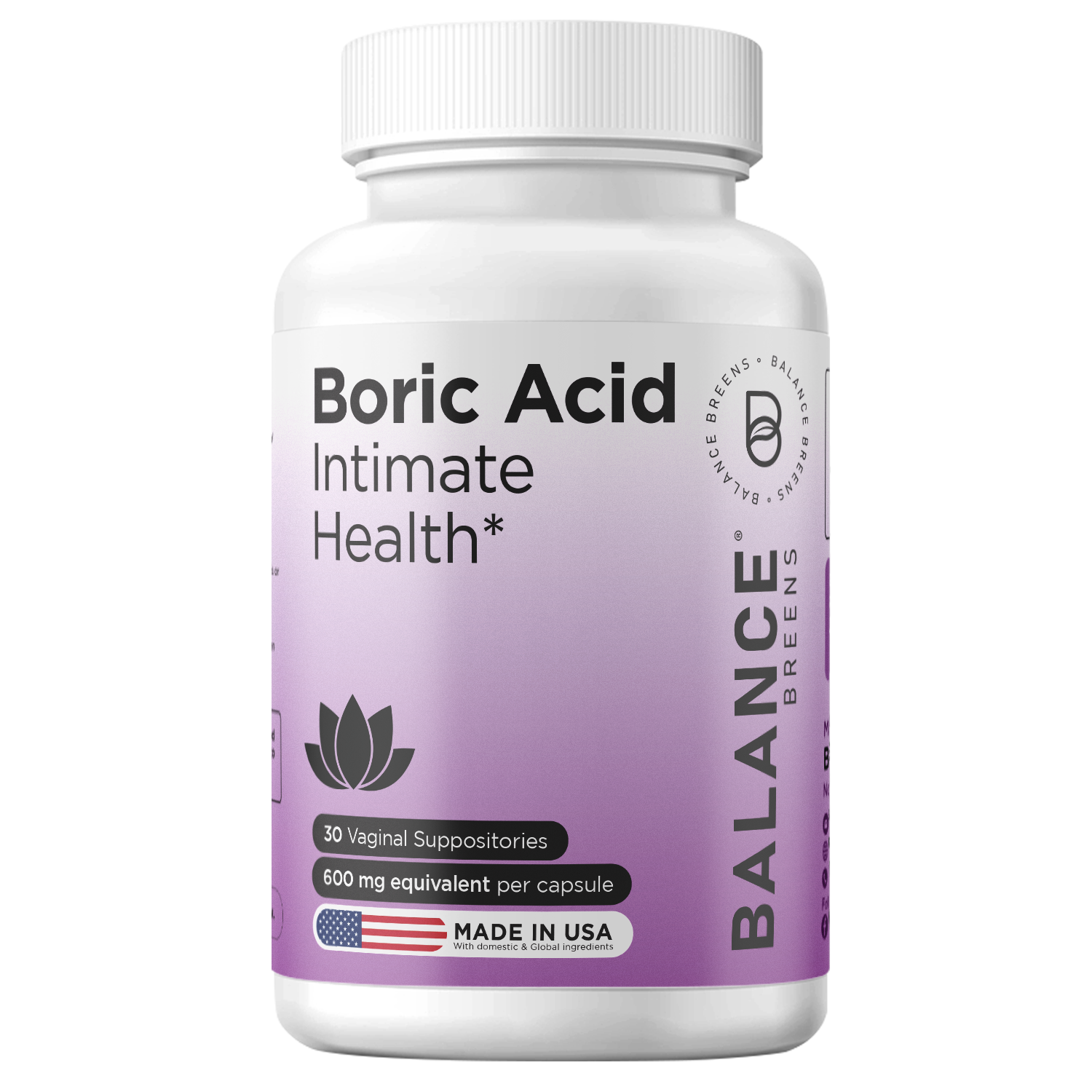Signs of an Unhealthy Gut & What to Do About It!
The first thing you think of when you hear the term "gut health" is how well your stomach digests food. While digestion is an important part of gut health, it also directly affects your overall health.
In the United States, nearly 70 million people suffer from digestive diseases, including irritable bowel syndrome (IBS) and gastroesophageal reflux disease (GERD).
Did you know? 80% of your immune system is in the gut.

A healthy gut is one where there is a balance between good (helpful) bacteria and yeast, as well as bad (potentially harmful) bacteria and yeast. Your immune system and hormones won't function if your gut isn't healthy.
Why is there a need for gut health?
Your gut is the foundation of everything. The digestive system aids in digestion, absorbs nutrients, and uses them to fuel and maintain the body. Your serotonin and hormones are more susceptible to imbalance if your gut is unbalanced and your immune system isn't working properly. Your gut also helps your body gets rid of metabolic waste and toxins.

If you have an unhealthy gut, your body will have a hard time eliminating the toxins. As a result, it can cause many problems, including chronic fatigue, chronic illnesses, and inflammation throughout the body. This is why people suffer from symptoms like brain fog, diarrhea, constipation, gas, joint pain, etc. In fact, the brain is the second gut; therefore, if your gut isn't working, your brain will suffer as well.
Signs you’re suffering from bad gut health
1. You’re having difficulty in falling asleep
Sleep is an important part of overall health. It not only influences energy levels, but it also helps every system in the body function properly, including immunity, heart, brain, and even gut health.

A major source of serotonin in the body is the gut, which influences mood and sleep. Gut functions, and its activity, interact with our sleep/eating rhythms and emotions. Lack of sleep can lead to digestive problems, and these problems may feed into a vicious cycle.
Healthy gut microbiome can be maintained by getting enough sleep each night.
2. Extreme Sugar cravings
Having a high sugar diet changes the composition of your microbiome, causing bad bacteria to thrive and good bacteria to be suppressed, creating an imbalance that can cause digestive issues.

Consuming too much sugar can cause too many “bad” bacteria in the gut. High amounts of sugar, especially high-fructose corn syrup, are linked to inflammation in the body and put you at risk for other diseases.
3. Sudden weightloss or gain
Losing or gaining weight without making changes to your diet or exercise routine may be a sign of an unhealthy gut. An imbalanced gut can prevent your body from absorbing nutrients, regulating blood sugar, and storing fat. Weight loss may be caused by small intestinal bacterial overgrowth, while weight gain may be caused by insulin resistance or the urge to over-indulge due to decreased nutrient absorption.
According to a study published by Nutrition Today, a Western-style diet high in fat and refined carbohydrates may promote intestinal bacteria that are linked to obesity.
4. You’re moody all the time
There is a close relationship between the gut and the brain, and the influence of the gut may also extend to your mood. When the balance between good and bad bacteria is disrupted, diseases may occur. Gut disturbances and inflammation in the central nervous system may be potential reasons of anxiety and depression.

5. You have skin irritations
You may have noticed that your skin tends to break out when you eat certain foods, and that may be due to the bacteria in your gut. Those kinds of foods promote an imbalance of gut bacteria that can contribute to a variety of skin issues, including acne, eczema, psoriasis, and dandruff.

The connection between the gut and skin is more evident when we look at the microbiome of individuals who do and who do not have these types of inflammatory skin conditions.
Several lifestyle factors may benefit your overall health if you notice signs of poor gut health. Here are some small changes you can make to your lifestyle for good gut health.
So how do you balance your gut health?
1. Make Probiotics your best friend
Probiotics help promote the growth of healthy bacteria in the gut. You can take these in vitamin form or, preferably, from natural sources like yogurt or curd. Adding probiotics to your gut health diet may help in the growth of beneficial bacteria in the gut. 
2. Stay Hydrated
Drinking plenty of water may be linked to increased diversity of good bacteria in the gut. A 2022 study also found that people who drank more water had less of a type of bacteria that can cause gastrointestinal infections.

Staying hydrated flushes out the toxins and balances good bacteria in the gut and benefits your health overall and can help prevent constipation.
3. Re-look at your diet
Reducing the amount of processed, high-sugar, and high-fat foods that you eat may lead to good gut health. In addition to that, eating plenty of plant-based foods and lean protein can positively impact your gut.

There are also gut health foods you can eat that actively promote the growth of good bacteria, contributing to your overall wellbeing. These foods include high-fiber foods, garlic, and collagen-boosting foods.
4. Invest in effective supplements
Besides trying our very best, we might not eat perfect combinations of fresh, seasonal, nutrient-dense foods daily in this crazy modern world, so supplements can provide backup.
You should take gut health supplements, such as Organic Irish Sea Moss, DGL Licorice, and Mastic Gum, especially if you already have problems with your GI system.
Why choose Balance Breens?
Balance Breens has always been a family-first company. We pick the highest quality raw materials and manufacture every product in a GMP-certified facility having the utmost commitment and accountability at every stage of the product until it reached the customer.
Our Supplements are GMP-certified & are manufactured in the USA.
Conclusion:
Keep in mind that healing your gut will require time, dedication, and consistency. It wasn't overnight that your microbiome became unhealthy, so you're not at risk of going to fix it overnight either. You can get on the road to recovery and optimal gut health by eating healthy and managing your stress.
Improve your gut health and limit your tummy troubles with Balanced products from Balance Breens! Visit our products page now!




